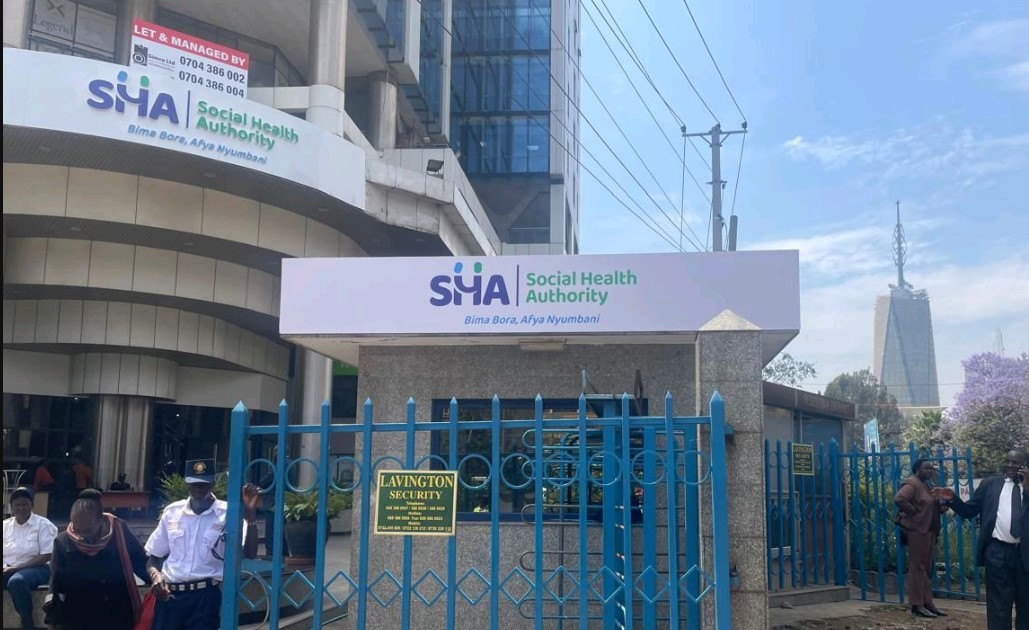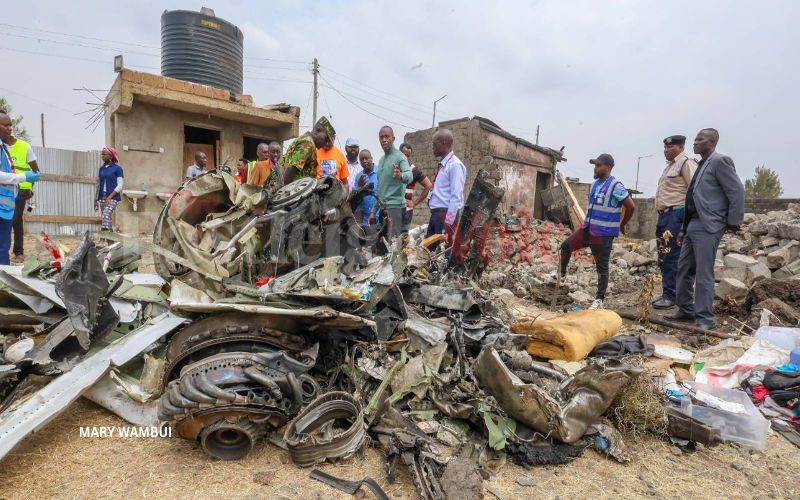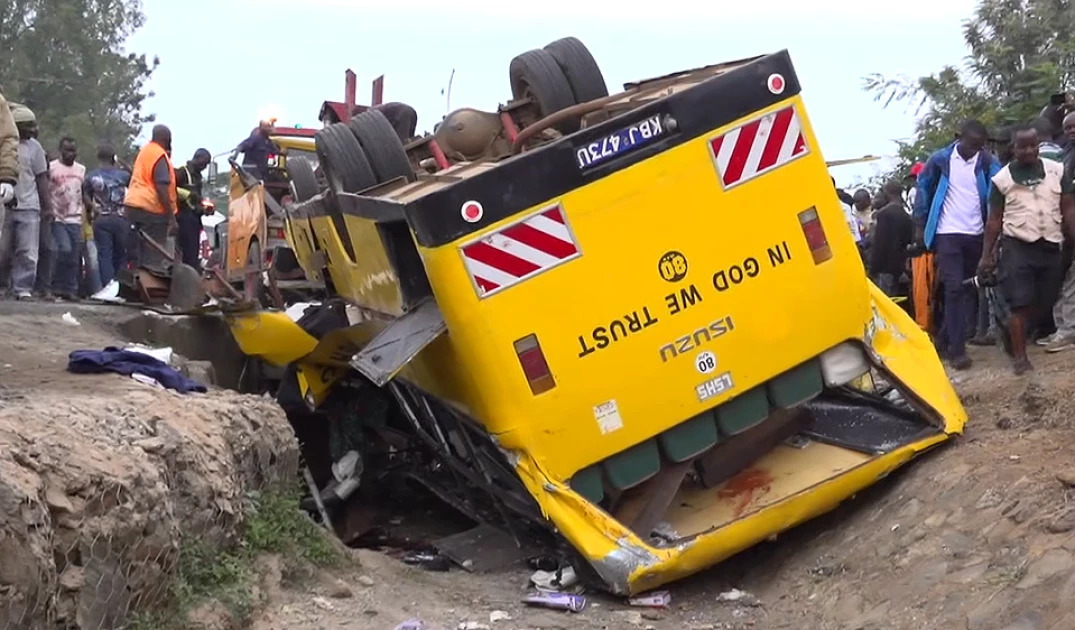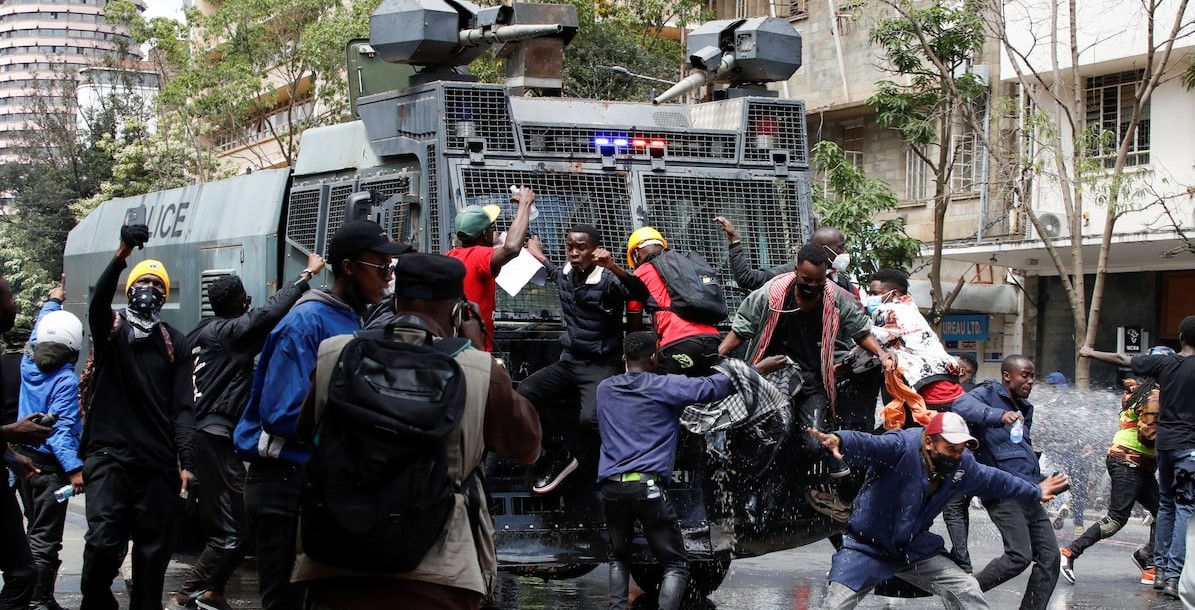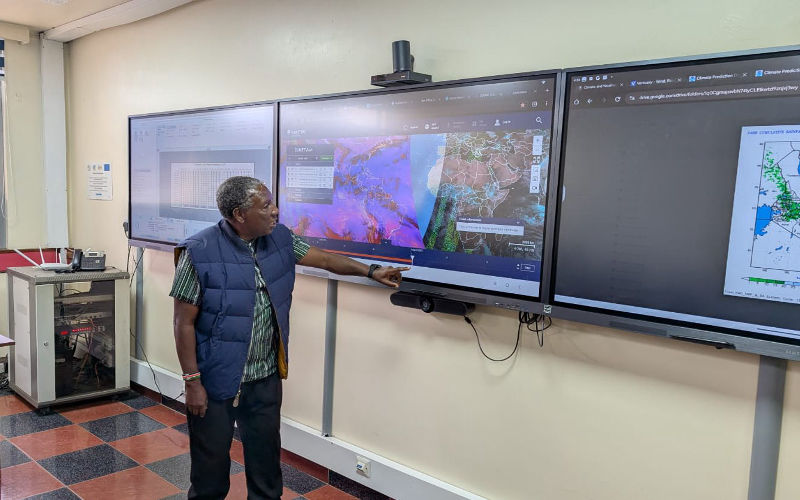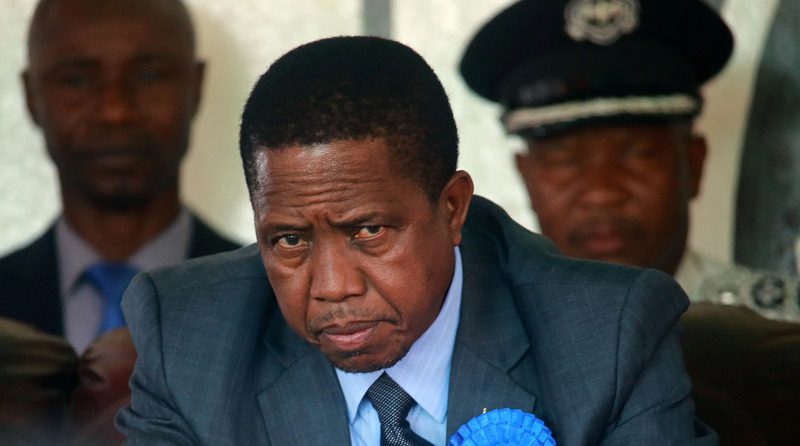State unveils stringent new traffic law proposals as Alcoblow set for return on Kenyan roads
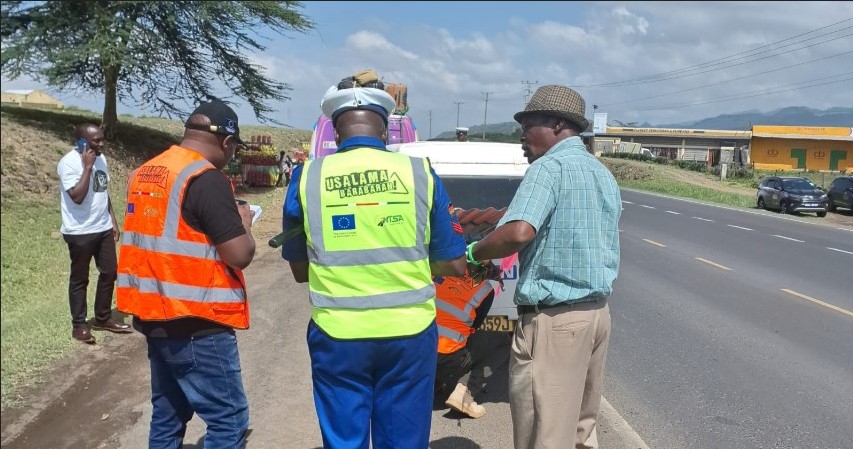
If adopted, the rules will reintroduce alcohol testing using approved breathalysers, blood and urine samples, an approach meant to enforce clear alcohol limits rather than relying on the judgment of officers.
Motorists in Kenya are set to face stricter traffic laws, including the return of Alcoblow tests and compulsory vehicle inspections, under sweeping new proposals from the government aimed at improving road safety and accountability.
The Roads and Transport Ministry, through Cabinet Secretary Davis Chirchir, has unveiled four draft regulations that will affect private and commercial drivers, school transport operators, and public service vehicles.
More To Read
- 1,000 alcoblows to be deployed in new anti-drunk driving crackdown - CS Chirchir
- State moves to phase out static roadblocks to curb graft, enhance traffic flow
- New traffic laws target commercial vehicles to curb road crashes
- NTSA's efforts to tackle drunk driving on Kenya's roads
- Tens of Kenyans to spend Easter in police custody for flouting traffic rules
- State revamps Garissa Airstrip, runway set for extension
The proposals are open to public comment for 14 days from June 18, according to a Gazette notice.
The proposed laws are contained in the Traffic (Drink Driving) Rules 2025, the Traffic (Motor Vehicle Inspection) Rules 2025, the Operation of Commercial Service Vehicles Rules 2025, and the Traffic (School Transport) Rules 2025.
“This is therefore, to request the public and all persons likely to be affected by the proposed rules and regulations to submit written memoranda to reach the undersigned within 14 days from the date of publication of this notice,” Chirchir stated in the Gazette notice.
If adopted, the rules will reintroduce alcohol testing using approved breathalysers, blood and urine samples, an approach meant to enforce clear alcohol limits rather than relying on the judgment of officers. The earlier use of Alcoblow was suspended after a court found there was no legal framework for enforcement.
The new drink-driving rules prohibit anyone from operating a vehicle while intoxicated beyond the legal limits and impose penalties for refusal to be tested.
In a major policy shift, the Traffic (Motor Vehicle Inspection) Rules 2025 will make it mandatory for all vehicles older than four years, along with all commercial, public service, and school vehicles, to undergo annual inspection.
The inspections will also apply during registration, after an accident, or when vehicle details change.
While the ministry did not specify fees, private vehicle owners currently pay Sh1,000 to the National Transport and Safety Authority.
The regulations propose licensing of private testing centres, regulated standards for inspectors, and the use of standard stickers to confirm inspection.
The government is also moving to overhaul school transport. The Traffic (School Transport) Rules 2025 aim to ensure safety and accountability in vehicles ferrying students. The rules will require school vehicles to have seat belts, fire extinguishers, and telematics systems, while setting standards for drivers, attendants, and crossing guards.
“The safety of school-going children is non-negotiable. This framework ensures that school transport is not only reliable but also meets the highest safety standards,” Chirchir said.
The rules also prohibit the use of school buses for private or unauthorised purposes without a temporary permit.
The fourth proposal, the Operation of Commercial Service Vehicles Rules 2025, is set to establish licensing requirements for commercial vehicle owners, operators, and drivers.
The rules introduce obligations for safety equipment, including speed governors and underride protection devices.
“We are moving toward a transport ecosystem that values professionalism, accountability, and safety,” Chirchir noted.
Commercial drivers will also be subject to limits on working hours and mandatory safety training to curb fatigue and improve service delivery.
Chirchir said each set of rules is tailored to address specific gaps in Kenya’s road safety system and aligns with provisions in the Traffic Act and the NTSA Act.
If approved, the regulations will mark one of the most comprehensive reforms to Kenya’s transport laws in recent years.
Top Stories Today

